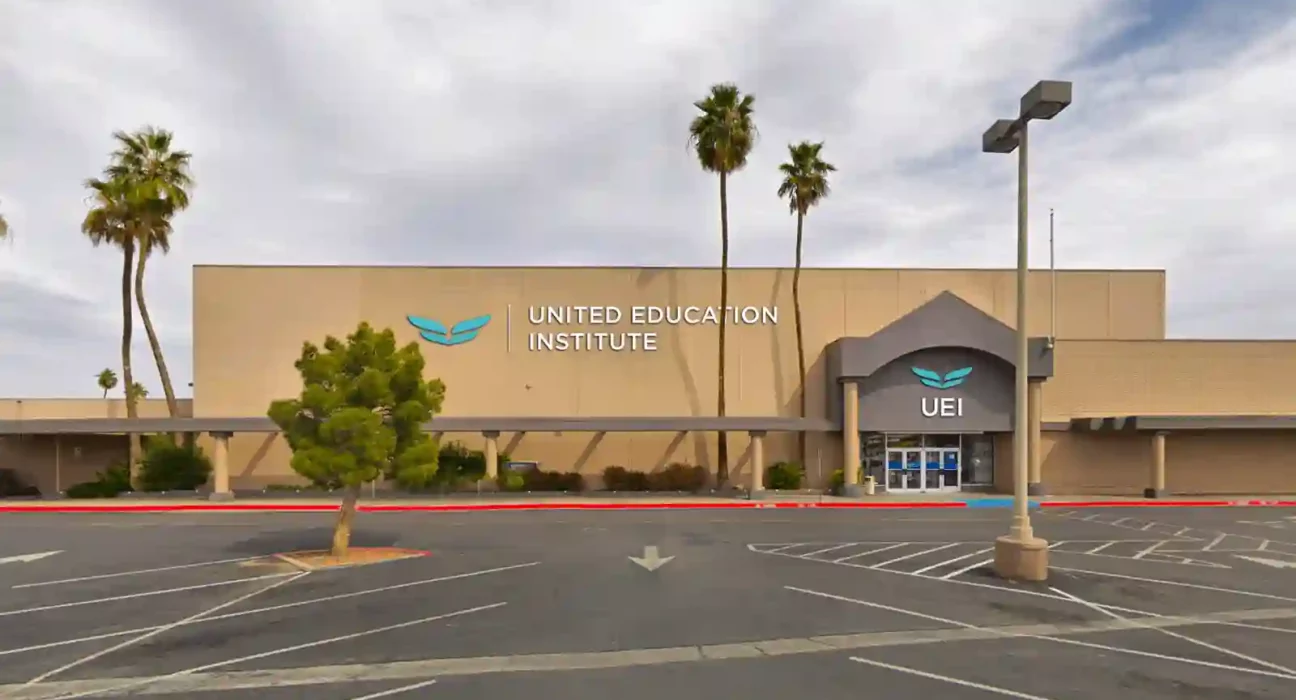When one considers the different technical schools and institutions that the name is commonly attached to, the question “What is a trade school?” does not seem strange. However, many people are surprised to learn that the definition of a trade school (or vocational school, as the establishments are frequently known) is pretty simple.
A Trade School: What Is It?
In vocational schools, teaching students the skills they will need to succeed in their future careers is the primary focus of the curriculum. This method starkly contrasts the standard four-year college, which obliges students to study a broad range of subjects that, in the end, have no bearing on the careers they want to pursue.
The majority of online courses are designed to be flexible for students with diverse job and family commitments. Due to this, most course materials are typically accessible every week, 24 hours a day. This distinctive feature of online education enables learners from all backgrounds to study the course material at their own pace.
More Interaction with Others
Research has revealed that students who participate in online learning programs are typically more involved with the instructor and other students than their on-campus classmates, even though this seems to go against what one may assume. It appears that this is because students who are less outgoing or who feel intimidated in classes are better able to participate when they are allowed to communicate in chat rooms, forums, and through email. In other words, everyone feels they have a chance to speak up and influence the learning process.
The advantage of this strategy is that vocational college in Las Vegas get transferable skills that put them ahead of the competition once they enter the workforce. In addition, graduates are typically seen as being far more accessible to integrate into today’s technology-driven workforce than their traditionally educated colleagues after two years of practical work experience, peopleized training, and internships in every vocational education program.
Who Attends Trade Schools Typically?
People in previous generations frequently stereotyped trade schools as being for high school graduates who lacked the academic credentials to enroll in a university. While this might have been true in the past, it isn’t the case now.
The fact is that vocational colleges today appeal to an enormously broad demography of students because highly skilled labor is in demand now more than at any previous moment in history. As a result, vocational education now has a much broader appeal than it did in the past, appealing to everyone from seasoned workers who want to modernize their skill sets for the twenty-first century to recently unemployed people who want to change careers to young people who wish to begin their professional careers right after high school.
What criteria do vocational schools use for admission?
Since each school has its own admissions requirements, there is no general response to this query. But it’s safe to say that most vocational programs demand that applicants have either a high school diploma or a GED. Nevertheless, most technical schools are more than ready to work with candidates to assist them in satisfying their entrance requirements. Of course, some exceptions exist, as some vocational programs do not have an educational prerequisite for new students.
What Is The Average Cost Of Attending A Trade School?
There is no doubting the cost difference between earning a degree from a traditional four-year institution and a two-year vocational college. However, suppose you were to honestly contrast the value provided by trade schools against the career-specific education offered by most universities (including one-on-one training and tutoring, internships in your future field, and assistance with job placement upon graduation). In that case, you might discover that the trade school looks like a better investment.
It’s also crucial to keep in mind that many vocational education programs receive substantial state and federal funding and, as a result, offer fantastic financial assistance packages to assist prospective students in covering the cost of their studies if the cost of attending a trade school is holding you back from enrolling.




